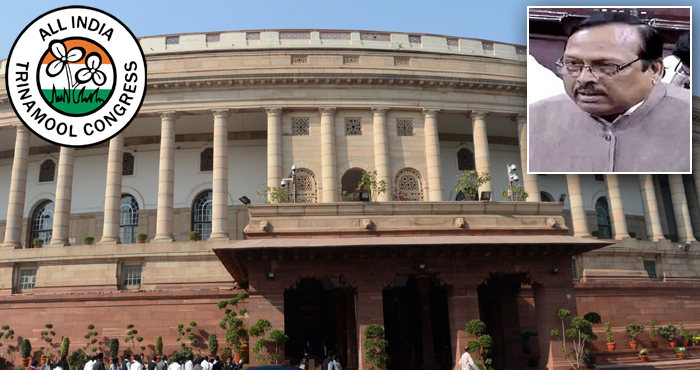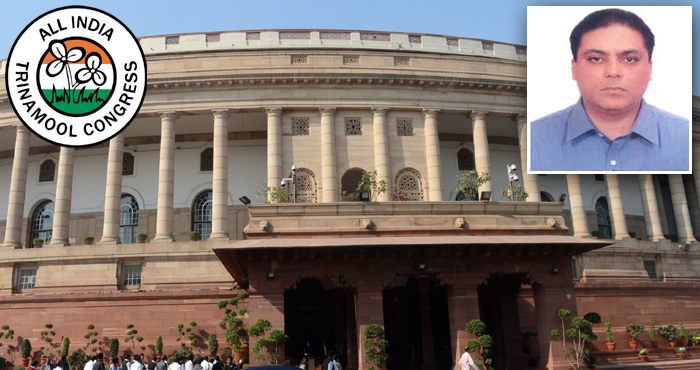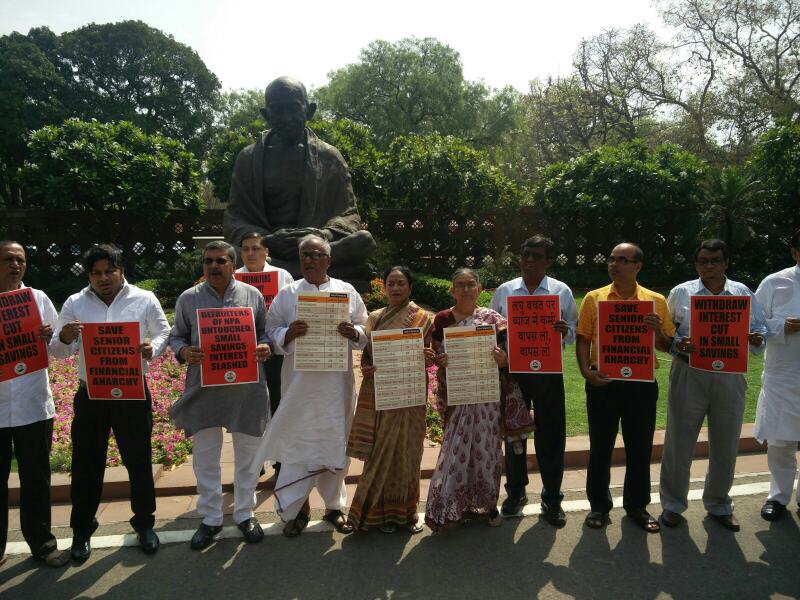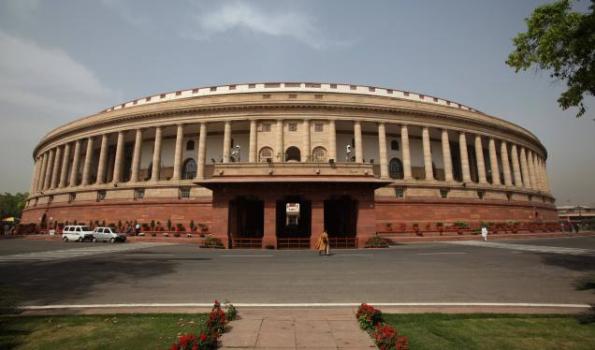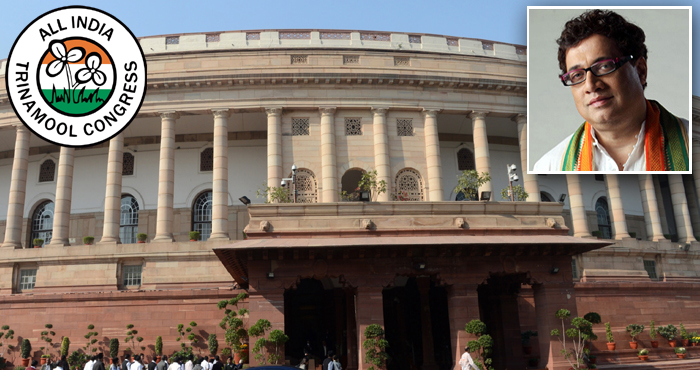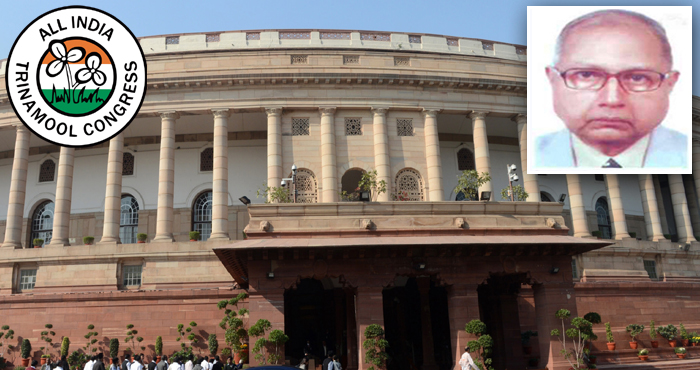FULL TRANSCRIPT
Sir, thank you so much. My party, All India Trinamool Congress is consistently maintaining the stand that we are in favour of GST. From 1999, we have always said in our election manifesto that we are in favour of GST. There is no deviation from that stand even today.
After looking into these Bills we have certain reservations, because there are certain in-built contradictions in the Bills as rightly pointed out by many members very eloquently, I do not want to repeat those.
Sir, in Mahabharat, when Krishna was giving sermons to Arjun, he said the body is mortal but the soul is not. It changes the body like we change clothings. Similarly, we are not abolishing the taxes. They are just being brought under the umbrella of GST.
Sir, I am concerned with the manner in which GST Council has been framed. Are we creating a monster? In Clause 65 of the Bill, which is about audits, says,
“Commissioner or any officer authorised by him, may undertake, audit of any registered person.”
According to this, the Commissioner will have the power of audit, even special audit as per Clause 66. What about the CAG, which is a constitutional body. I am confused. Sir, the Constitution has clearly stated the role of CAG and in 1971 in consonance with the Government’s provision of Article 149 of the Constitution amendment was passed which was called Auditor General’s Duty, Powers, Conditions of Service Act 1971, and I quote:
“Audit of reports of Union or of States. It shall be the duty of the Comptroller and Auditor General to audit all the receipts which are payable into the consolidated fund of India and of each State and of each Union Territory having a Legislative Assembly and to satisfy himself that the rules and procedures in that behalf as designed to secure an effective check on the assessment, collection and proper allocation of the revenue.”
Therefore, the entire duty has been assigned to the Controller and Auditor General under Chapter 5 of the Constitution. The entire chapter has been devoted to Controller and Auditor General and here, in this Bill, the audit and special audit has been given to a tax officer to be appointed by the government.
So, I have little bit of confusion. I know that Mr Jaitley is a successful and eminent lawyer of this country; he has replied to every issue. When he speaks, he speaks like Antony of Julius Caesar. And those who are sitting in the Opposition, at least some of them are Brutus, Cassius and Casca. So, I want a clarification from the Hon. Finance Minister on this particular issue .
Thank You, Sir.

